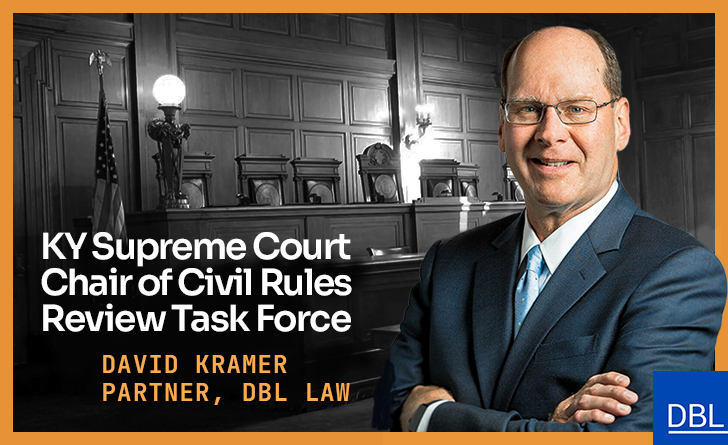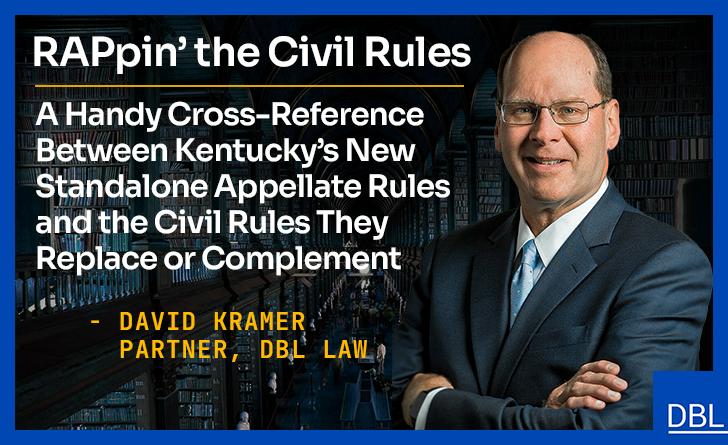In Ward v. Commonwealth, 2018-SC-56 (rendered 10/31/19), the Kentucky Supreme Court discussed the proper procedure for preserving for appellate review an alleged error by the trial court in denying a for-cause challenge to a member of the jury panel. The appellant’s counsel in Ward had mentioned on the record the names of other jurors whom the defendant would have struck for cause if he had not been forced to use peremptory challenges on the panel members in question, but did not list one of the challenged panel members on the jury strike form (Form AOC-13). The Supreme Court found that the record was adequate to support the appellant’s claim of having used a peremptory challenge on that panel member at issue even though the strike of that panel member was not reflected on the strike sheet, and also found that the appellant had named the additional peremptory challenges he would have made on the record, such that the issue was preserved for review. However, the Court held that going forward, not only must the strike sheet reflect that a peremptory challenge was used on a panel member whom the trial court allegedly erred in failing to strike for cause, but also a panel member on whom the challenging party would have used a peremptory challenge must be named on the strike sheet itself (not merely stated on the record) in order to preserve the issue for appellate review.
Ward reinforced the holding of a line of criminal cases beginning with Shane v. Commonwealth, 243 S.W.3d 336 (Ky. 2007), that required the naming of such alternate peremptory challenges on the strike sheet, and repudiated an exception to that procedure it had approved in Sluss v. Commonwealth, 450 S.W.3d 279 (Ky. 2014). In Sluss, the Court found the appellant had substantially complied with the preservation requirement by stating orally on the trial court video record the names of the additional jurors he would have struck with the peremptories had counsel not been forced to exhaust them on others whose challenges for cause were erroneously overruled by the trial court. One of those jurors ended up sitting on the jury, thus giving rise to prejudicial error requiring reversal.
In summary, reversal based on a trial court’s error in denying a motion to excuse a juror for cause may be obtained only if: (1) at the time peremptory challenges are exercised, the moving party uses a peremptory challenge on the juror whom the trial court refused to remove for cause, (2) the moving party lists on the strike sheet the name of another member of the jury panel the moving party would have removed by peremptory challenge if the motion to strike for cause had been granted, and (3) the other panel member who would have been struck peremptorily is selected to sit on the jury. In the absence of these steps, the error will not be deemed preserved for appellate review, since a reviewing court cannot determine with reasonable certainty whether the alleged error was harmless. This preservation requirement was adopted in civil cases by Grubb v. Norton Hospitals, Inc., 401 S.W.3d 483 (Ky. 2013).
An interesting side issue will be what happens if one of the objecting party’s alternate strikes would, if exercised, violate the Batson v. Kentucky ban on use of a peremptory challenge for racial or ethnic reasons. That rule was extended to challenges based on gender in later case law. The party making the alternate strike should have a legitimate non-discriminatory reason for listing other jury panel members as alternate strikes under the Shane/Grubb procedure.
The Ward decision was designated for publication in the South Western Reporter but is not final.
NOTE: This post includes commentary reprinted from the 2019 edition and the forthcoming 2020 edition of 7 Philipps & Kramer, Kentucky Practice, Rules of Civil Procedure Annotated, by David V. Kramer, with permission of the author and publisher. Copyright (c) 2019 and 2020 Thomson Reuters. For more information about this publication click here.
David Kramer is a Partner and Chair of the Civil Litigation practice area of DBL Law, with offices in Cincinnati, Ohio, and in Crestview Hills and Louisville, Kentucky.



